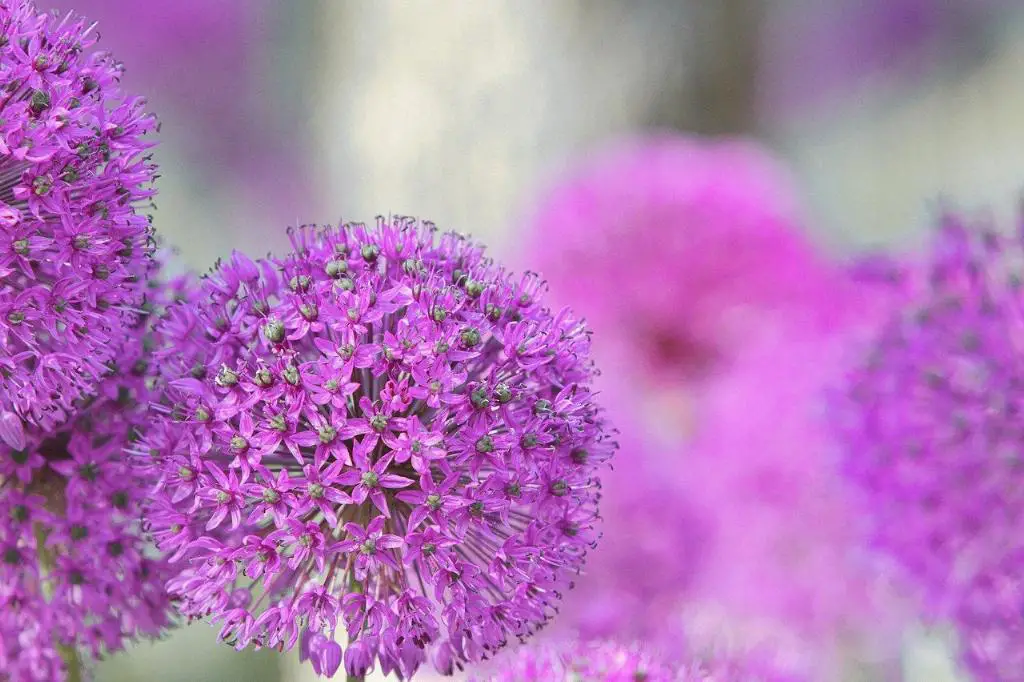Allium plants belong to the Amaryllidaceae family, a vast group of bulbous plants that includes well-known varieties like onions, garlic, leeks, chives, and shallots. These pungent vegetables have been staples in culinary traditions worldwide for centuries due to their distinct flavors and aromas. But when it comes to determining the edibility of all alliums, there are some important factors to consider.
Overview of Edible Alliums
In theory, all parts of allium plants are edible, although some may not be as palatable as others. The bulbs, leaves, stems, flowers, and even seeds of various allium species are consumed in different cuisines around the globe. However, not all alliums are commonly eaten due to taste preferences or potential health concerns.
Common Edible Allium Varieties
Some of the most widely consumed edible alliums include garlic, onions, shallots, leeks, chives, scallions, and ramps. Each of these varieties offers its unique flavor profile and culinary applications, making them versatile ingredients in savory dishes, sauces, soups, and salads.
Culinary Uses of Edible Alliums
Edible alliums are prized for their ability to add depth and complexity to dishes. Garlic elevates the taste of pasta sauces, while onions form the flavor base for many stews and stir-fries. Chives and scallions are often used as garnishes, imparting a fresh and mild onion flavor to various dishes.
Health Benefits of Consuming Edible Alliums
Aside from their culinary appeal, edible alliums offer numerous health benefits. These plants are rich in antioxidants, vitamins, and minerals that support immune function, cardiovascular health, and overall well-being. Studies suggest that regular consumption of garlic and onions may help lower cholesterol levels and reduce the risk of certain chronic diseases.
Safety Considerations When Consuming Alliums
While alliums are generally safe for consumption, some individuals may experience digestive discomfort or allergic reactions to certain varieties. It’s essential to consume these vegetables in moderation, especially if you have a sensitive stomach or existing food allergies. Additionally, some allium species contain compounds that may be toxic in large quantities, so it’s crucial to follow recommended serving sizes.

Conclusion on the Edibility of Alliums
In conclusion, the question of whether all alliums are edible can be answered with a cautious yes. While most allium species are safe for consumption and offer unique flavors and health benefits, it’s vital to exercise prudence when exploring lesser-known varieties. By incorporating a variety of edible alliums into your diet in moderation, you can enjoy their culinary delights while reaping the nutritional rewards they have to offer.
